Writes Rameez Makhdoomi
Maqbool Bhat is an iconic name in the turbulent history of Kashmir. A terrorist to his foes and a freedom fighter to majority of sections, Maqbool Bhat was born on 18th February 1938 to a peasant family in Trehgam, Kupwara. Many call him the author of Kashmir’s armed struggle. Maqbool Bhat was executed in the Tihar Jail in New Delhi on February 11, 1984. A series of events led to Maqbool Bhat’s hanging .According to wiki, on 14 September 1966; Maqbool was the part of JKNLF Militants who ambushed Indian Security Forces. One Militant “Aurangzeb” was killed. Also dead was Amar Chand, an Inspector of the local Crime Branch CID. Maqbool Bhat and Kala Khan were arrested for murder. As, Bhat was also involved in the shootout, he was found guilty and sentenced to death. In 1968, Bhat, along with two others, managed to dig a tunnel under the Srinagar prison, and escaped to Pakistan, where they were briefly arrested.
In 1971, Bhat is said to have masterminded the hijacking of a Passenger Airline to Lahore, Pakistan, and the hijackers declared affiliation with JKLF under the leadership of Bhat. The Pakistani authorities then arrested Bhat and a number of others. He was released in 1974, and two years later, Bhat sneaked into India where he was soon captured.
His earlier death sentence was still valid, and he petitioned to the President of India Giyani Zail Singh for clemency on the grounds of an unfair trial. On February 6, 1984, JKLF members murdered the Indian diplomat Ravindra Mahatre, in Birmingham, England. One of their demands was the release of Bhat. After this, his petition for clemency was rejected, and finally hanged on 11th February, 1984.
Maqbool Bhat was a brilliant student, great orator and visionary. He was journalist by profession. Maqbool Bhat got admission in Peshawar University to pursue Urdu Literature and joined a local newspaper ‘Anjaam’ to earn his living. At Peshawar University he met such people as Ahmed Faraz, one of the big legends of romantic and radical or commonly called progressive Urdu poetry.
Maqbool Bhat’s letters are a great treasure which projects his iconic life. His letters twenty nine in number provide a real peep into the life of this legendary son of the soil who took a firm stand to defend his principles till death. In his letter to Azra Mir daughter of G.M Mir; one of his associate, Bhat writes about the tussle between the oppressors and oppressed. He states: “The children of oppressors see the oppression around them but remain indifferent, whereas the children of Mujahids (freedom fighters) do not tolerate oppression. They feel the pain and wish to fight against oppression. The children of oppressors are provided with all the luxuries and comfort of the world, they have plenty to eat, wear expensive clothes and live in luxury houses but the children of Mujahids are not attracted to these kinds of luxuries and comfort. They get satisfaction out of struggling against the system of oppression. That gratification and satisfaction cannot be experienced with worldly wealth, expensive clothes or luxurious houses. That is why Mujahideen children prefer a day of freedom to a life of luxuries without any freedom”.
Similarly in another letter to Ikraam Ullah Jaswaal, a Plebiscite Front activist, Bhat describes great deal of things reflecting the intellect of this historic persona. In his letter he states: “The goal of history making, requires a different approach. History is made by those people who direct their theories and practices towards a fresh approach. They challenge and rebel against the established official people and values. Here are some examples of this breed of people. Didn’t Socrates have to drink poison? Didn’t the messenger of Allah (Ibrahim) in his time ha to jump into the fire of Nimrod? Didn’t Jesus Christ had to kiss the gallows (the cross), which was erected by the rulers of the time? Did our Prophet (pbuh) show signs of desperation and anxiety when he was tortured and stoned in the markets of Taief? Did Gautam Buddha ever compromise with Brahmanic exploitations? Take a look at the rights movement of Martin Luther King, the ideologies of Marx and Engels and the rise of anti-colonial movements for National liberation. Did any of these people compromise with the established values in their times? There are several examples in history which suggest that those who laid foundations for the (revolutionary) movements did not physically survive beyond the initial stage of maturity of their ideas, but that does not under estimate their role in the success of struggles in the light of their ideas. As for their historical role, they remain the founding fathers of such struggles”.
History states that when charges levied against Maqbool Bhat, it is said that the Historic Persona denied all charges except that he had without a valid legal permit, crossed the ceasefire line in June 1966. In this regard, He had stated that he did not think it compulsory to obtain a permit for moving around in his own country. There is a statement regularly cited in writings on Maqbool Bhat from Kashmiri perspective that Maqbool Bhat also stated in the court that he accepts the charge of being enemy agent provided that the word agents is taken out. ‘I am the enemy’ he had reportedly said.
The Court found him guilty and passed death sentenced on him while others were given life sentence. It is also reported by some that upon announcement of death sentence by Judge Neil Kant Ganjo, Maqbool Bhat said:
“Judge Saab Abhi wo Rasi nahee bani jo Maqbool Bhat ko Phansi de sakey” (The Rope has not yet been made that can hang Maqbool Bhat. He is also referred to as saying ‘If Indian authorities of occupation think that by hanging me they can crushed the Kashmir struggle they are mistaken. The struggle actually will start after my hanging.’
Maqbool Bhat’s last words have been reported as, “I love my people. I have loved the life and today I embrace death happily”
Maqbool Bhat was not only an idealist or utopian who dreamt about an Independent Kashmir. But he had a vision in this regard. Today the vision of Maqbool Bhat of an independent Kashmir stands much popularity among the masses as people are seemingly fed up with both India as well as Pakistan.
(The article is also based from different information sources)



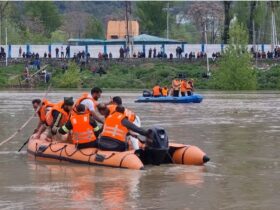
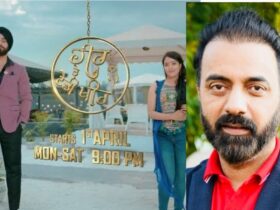
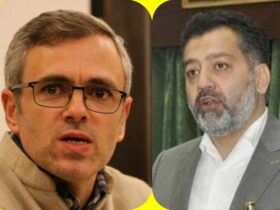
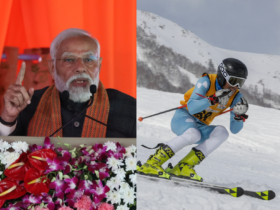

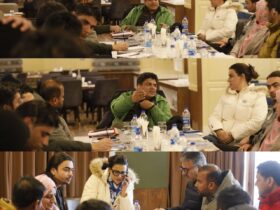


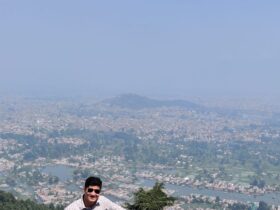
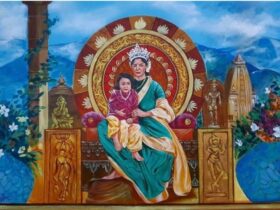


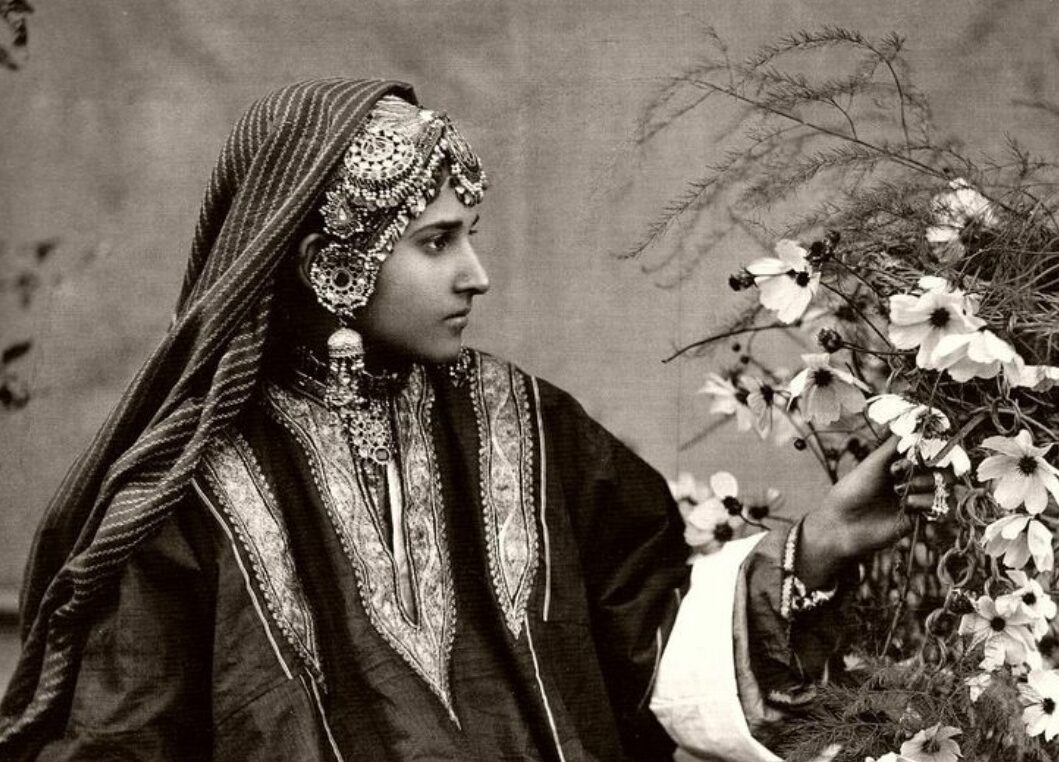

Leave a Reply